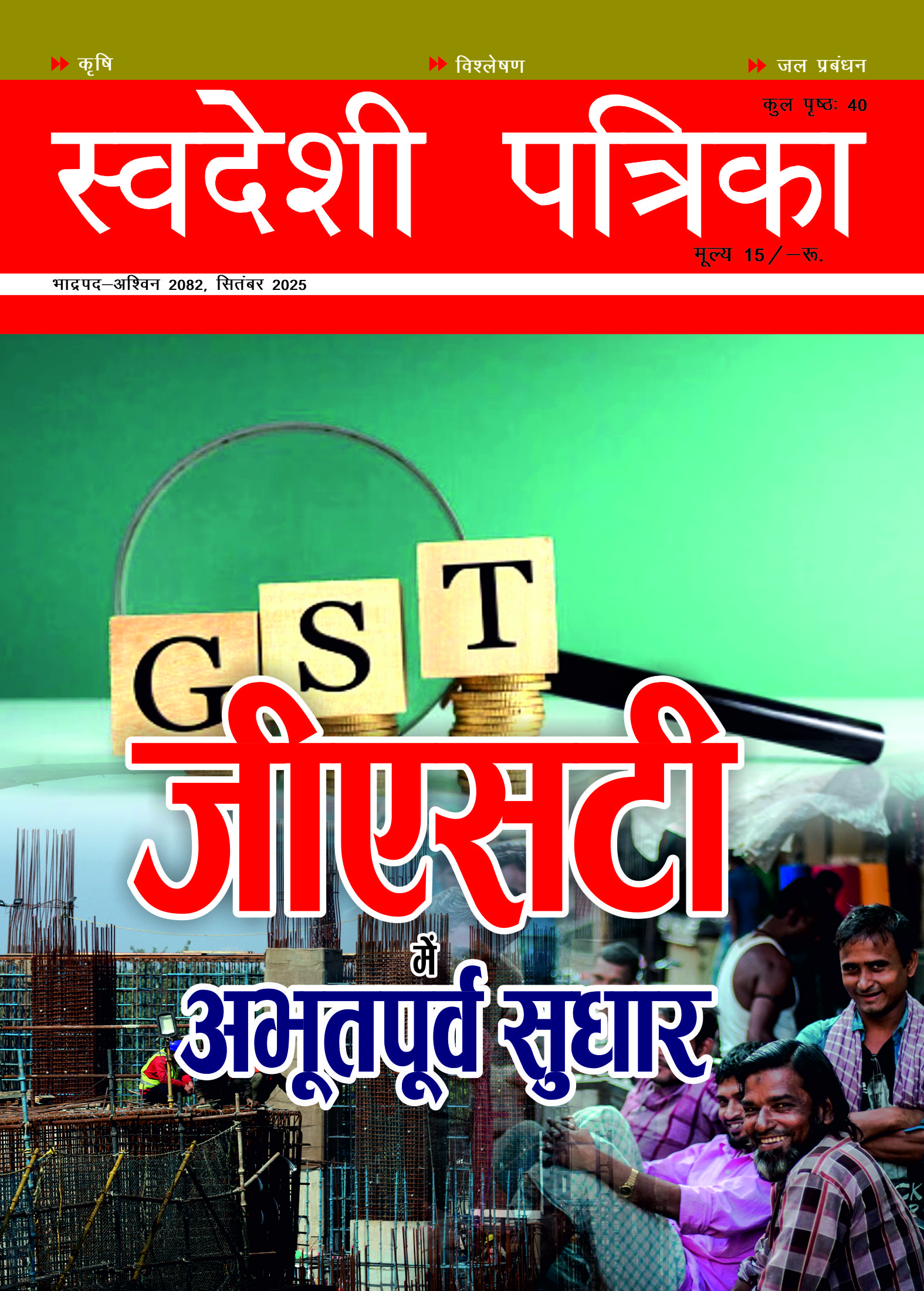
Agra National Council � Resolution 2
SWADESHI JAGARAN MANCH
National Council, Agra (Uttar Pradesh)
19, 20 May, 2012
Withdraw Foreign Educational Institution Regulation Bill
National Executive Council of SJM expresses its deep anguish over efforts of the Union Government to allow foreign Universities in India. Government is attempting to bring in Foreign Educational Institutions (Regulation of Entry and Operations) Bill in the Parliament after receiving the Cabinet approval. This is inspite of the fact that a vast majority of organisations and stake holders in their representations to the standing committee of the Parliament registered their opposition about the Bill. Prominent educationists, vice chancellors of several universities and most of the students unions have protested against introduction of the Bill in Parliament. SJM will oppose any attempt to pass the Bill despite overwhelming opposition to it in the country.
SJM is of the considered opinion that this Bill will open floodgates for such foreign educational institution whose sole objective is to only earn profit. India stands next only to China and America when it comes to higher education. Gross enrollment ratio in higher education rose from 0.7% in 1950-51 to 15% at present. 1.4 crore students stand enrolled in higher education Sector in India as on date. 24 lakh students graduate every year in India. Increasing population of youngsters and wide spread awareness regarding higher education has multiplied the demand for institutions higher imparting education. Even though the share of Private sector in higher education in India is only 5% at present, still the estimated business potential of this sector is supposed to be over 78 billion USD. This expanding expectation of business opportunities in the higher education sector of the country has attracted market forces of world to pocket the benefits. It is suspected that the Bill in question is being enacted under the pressure and lobbying of these market forces.
Swadeshi Jagaran Manch firmly believes that development of any country or society is based on education and is directly proportionate to spread and quality of education in that society or country.
Unfortunately UPA government is consciously withdrawing from such an important sector only to allow foreign institutions to pocket huge profits, selling education as a 'Product' in the era of economic neo-liberalisation. Comparative numbers reveal that in spite of having a huge number of Degree Colleges & Universities not a single Indian institution finds its place in top 200 educational Institutions of the world. Unwarranted political interference, vacant posts of teachers, rampant corruption in regulatory bodies inspecting institutions of higher learning etc. are some of the reasons responsible for constant degradation of educational standards in the country. Government policies on the other hand are encouraging marketisation of education resulting in pushing higher education out of reach of the poor students. In such a situation which has already worsened, government is proposing to empower foreign educational institutions with autonomy to decide cost of study and admissions through this Bill.
Proposed Bill has certain provisions like Institutions having 20 years experience in Education sector, depositing a corpus fund of Rs. 50 crores, restriction on repatriation of profits and compulsory registration with UGC that give an impression of stringent regulations. But experience of FDI in other sectors of economy establishes beyond doubt that these foreign institutions manipulate their way through all these controls and plunder nation with ignominy. And government has provided the way for such manipulations by adding a provision that speaks of relaxation in norms to so called quality institutions by the Advisory Board of the Government SJM feels that the controls and regulatory mechanism provided in the Bill is a farce.
Argument put forward in favour of the bill that it will save precious foreign exchange spent by the students studying abroad does not hold the ground. On the contrary there is a strong possibility of exploitation of Indian students resulting in further expatriation of profits by these institutions. There is added fear of good quality teachers leaving Indian institutions for more attractive pay packages and further complicate the already short availability of such quality faculties.
Reservation for poor and SC/ST candidates in these institutions is yet another aspect to be considered. Will the Indian laws regarding reservation apply to these institutions? When Indian private sector institutions are not ready to provide reservations to poor and socially backward students, how can one expect it from foreign institutions! This may add fuel to social conflict. Syllabus of these institutions will be another dimension of concern. Will they prepare their syllabus conforming to our national values and interests? Will the medium of instructions be Indian languages? The Bill is silent on all these important aspects. SJM firmly believes that feoreign educational institutions cannot be permitted to exploit and plunder Indian students. Government needs to be extra cautious in this regard.
NEC of SJM demands that this Foreign Educational Institutions (Regulation of Entry and Operations) Bill be withdrawn forthwith.


